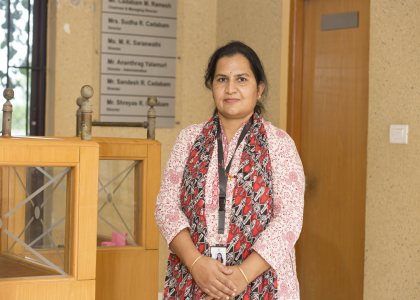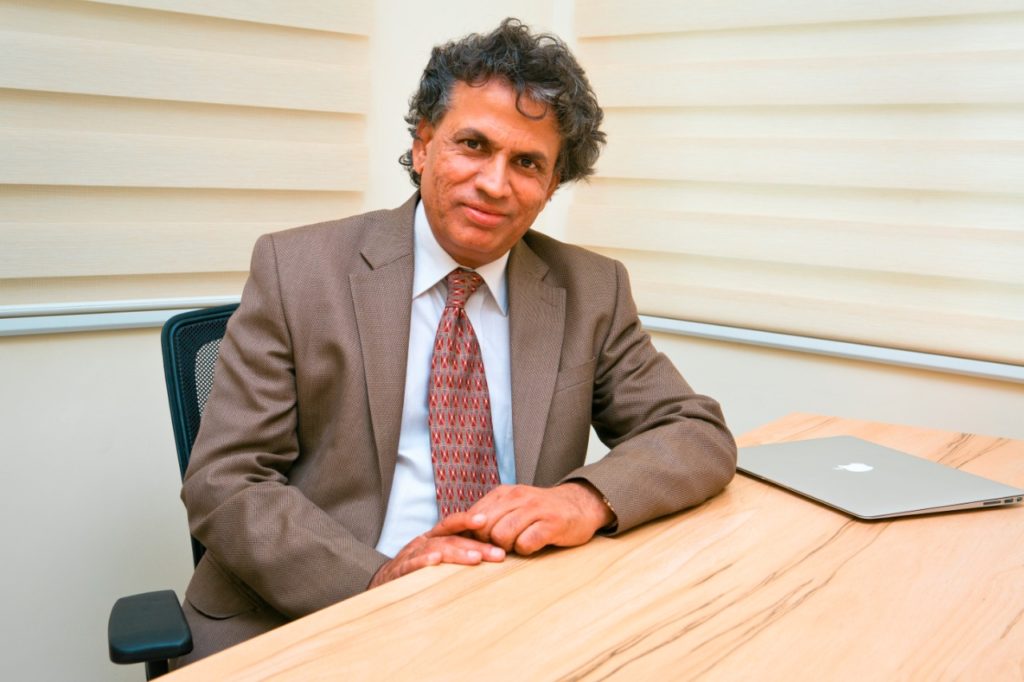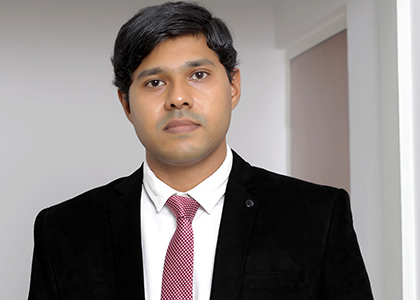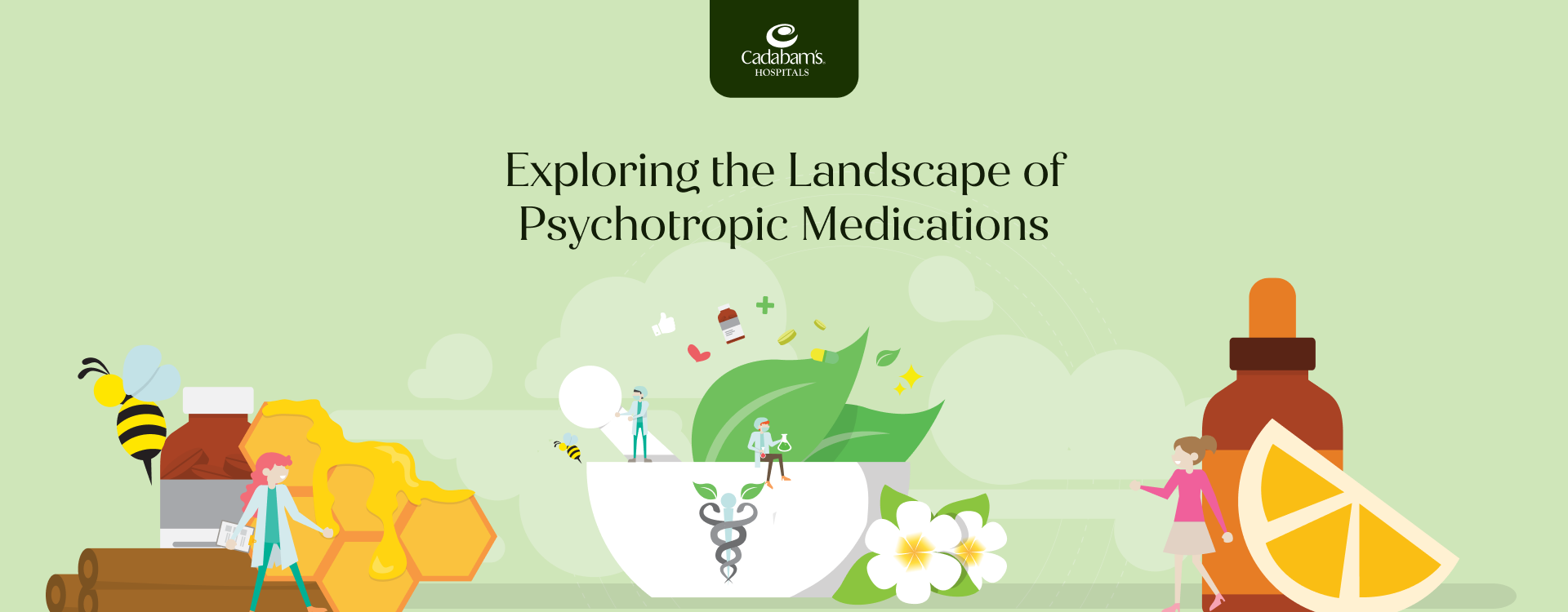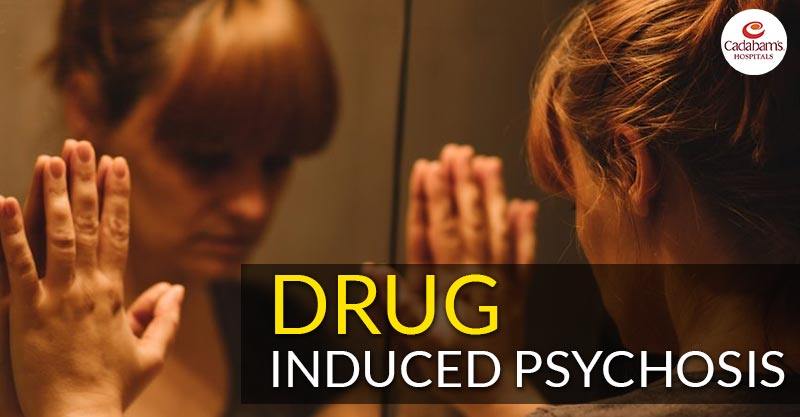Post Rehabilitation Care for Drug Addiction in Bangalore
Being in a rehabilitation setting can help an addicted individual recover and learn to stay sober. However, maintaining sobriety is a lifelong process, and given the nature of addiction, it is possible for the individual to relapse back again. This scores the importance of post rehabilitation care for drug addiction. Another reason for engaging in post rehabilitation care is that although in the structured setting of the rehab completely focused on recovery the individual is able to achieve and maintain recovery, they may find themselves challenged and vulnerable when they go back home. This is because the same environment where they used to abuse drugs can trigger them back. Moreover, they would need to learn to adjust to the environment as well as to friends, co-workers, and family members seeing them in a new light. We offer post rehabilitation care for drug addiction in Bangalore. The addicted individual can access our professional care including psychiatrists, individual and group therapy, and family therapy that would support them in maintaining long-term sobriety.
28+ Years Professional Experience
4.5 564 Google reviews
Cadabam's Hospitals
No.280, 15th Cross,5th Phase,
JP Nagar,Bangalore-560 078,India
Cadabam's Hospitals
90,Padmashree Gardens,Gowlidoddi,
Gachibowli,Hyderabad,
Telangana 500075, India
Get In Touch!
At Cadabam's, we've always got your back.
What People Say

Very happy with the facilities provided here. We are extremely grateful to Dr Vishal for his treatment and guidance. I liked the fact that he is very mindful of side-effects while prescribing medicines. Very good doctor and a very good hospital. Highly recommend.
Nithin Gopinath

Though we landed at wee hours of the night, doctors attended in time and we received professional treatment by all including hospital staff.

Excellent hospital and excellent doctors. They listen to you very patiently, do a thorough ore check before starting the treatment which inspires a lot of confidence. Dr. Madhukar is one of the best doctors I’ve met so far.
Narasimha Prasad

Very good cleanliness, disciplined, well behaved, good patience while handeling patient & their relations, good service overall excellent environment.

A good hospital for any kind of psychiatric problems. Very good and courteous staffs and well known doctors.
Anant Modi

Coordinated well I am very satisfied, very good, spent quality time with doctors & further treatment.

I visit Cadabam along with my wife to consult Dr. V. Khasi. We found the Staff very professional and polite with patients. We recommend Cadabam for anyone who requests us for the services available at Cadabam.
Sudarsan Barakman

I visit Cadabam along with my wife to consult Dr. V. Khasi. We found the Staff very professional and polite with patients. We recommend Cadabam for anyone who requests us for the services available at Cadabam.

Coordinated well I am very satisfied, very good, spent quality time with doctors & further treatment.

A good hospital for any kind of psychiatric problems. Very good and courteous staffs and well known doctors.
Anant Modi

Very good cleanliness, disciplined, well behaved, good patience while handeling patient & their relations, good service overall excellent environment.

Excellent hospital and excellent doctors. They listen to you very patiently, do a thorough ore check before starting the treatment which inspires a lot of confidence. Dr. Madhukar is one of the best doctors I’ve met so far.
Narasimha Prasad

Though we landed at wee hours of the night, doctors attended in time and we received professional treatment by all including hospital staff.

Very happy with the facilities provided here. We are extremely grateful to Dr Vishal for his treatment and guidance. I liked the fact that he is very mindful of side-effects while prescribing medicines. Very good doctor and a very good hospital. Highly recommend.
 Available
Available


